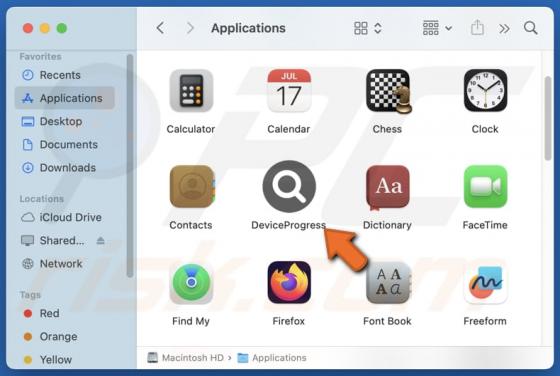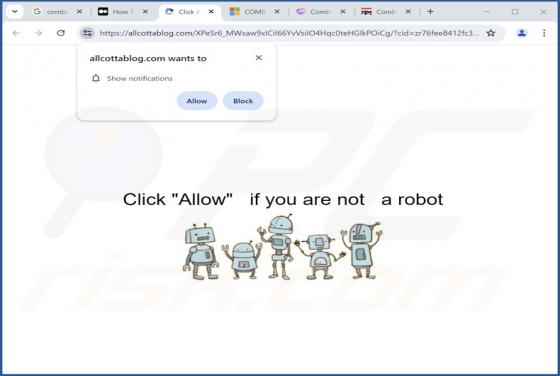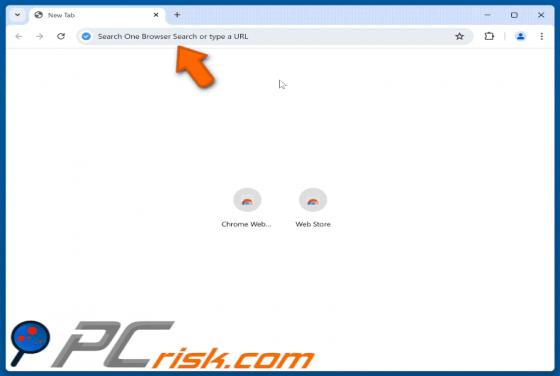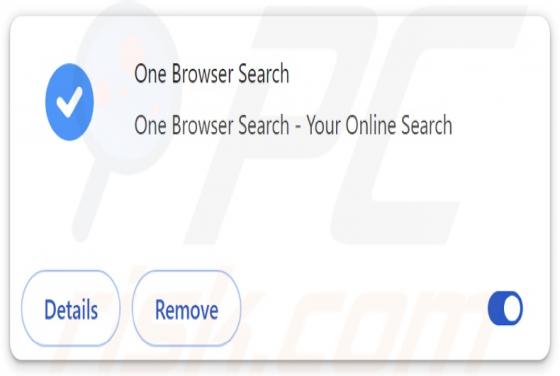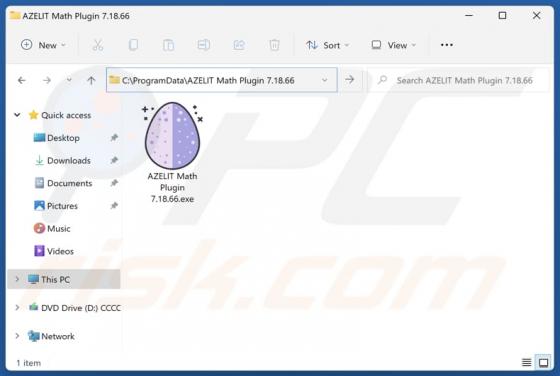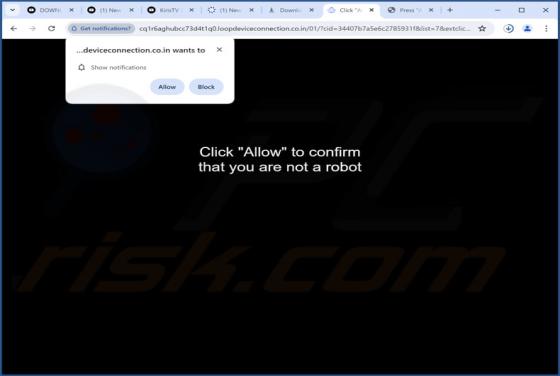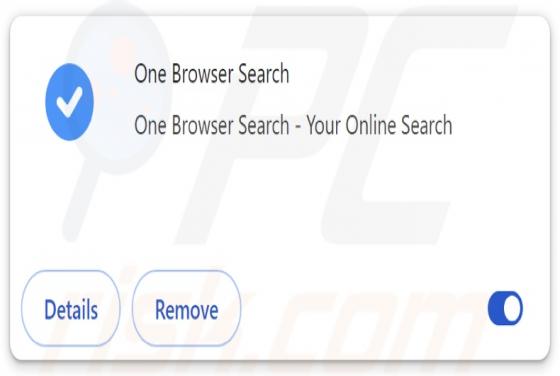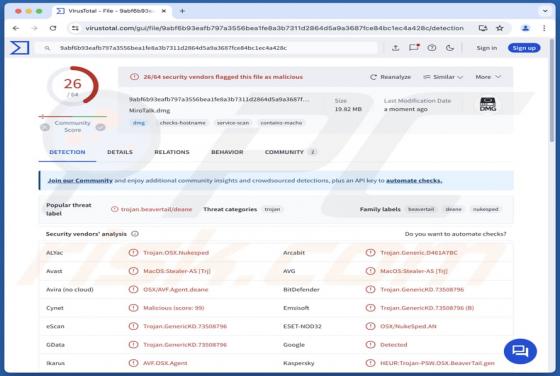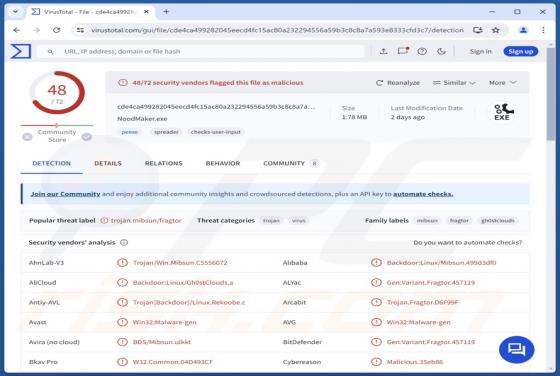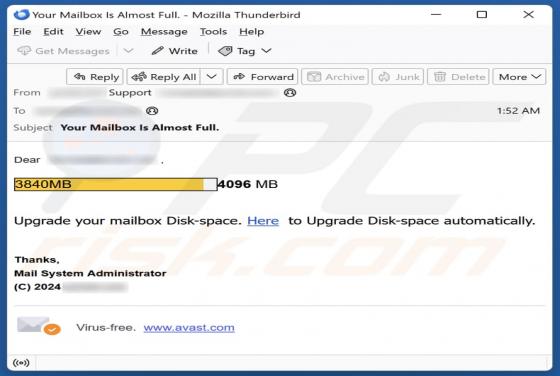
Upgrade Your Mailbox Disk-Space Email Scam
While examining the email, we found it to be a phishing email disguised as a notification from an email service provider. Scammers crafted this email with the intention of stealing personal information from unsuspecting recipients. Recipients should ignore this email and not open the included link
